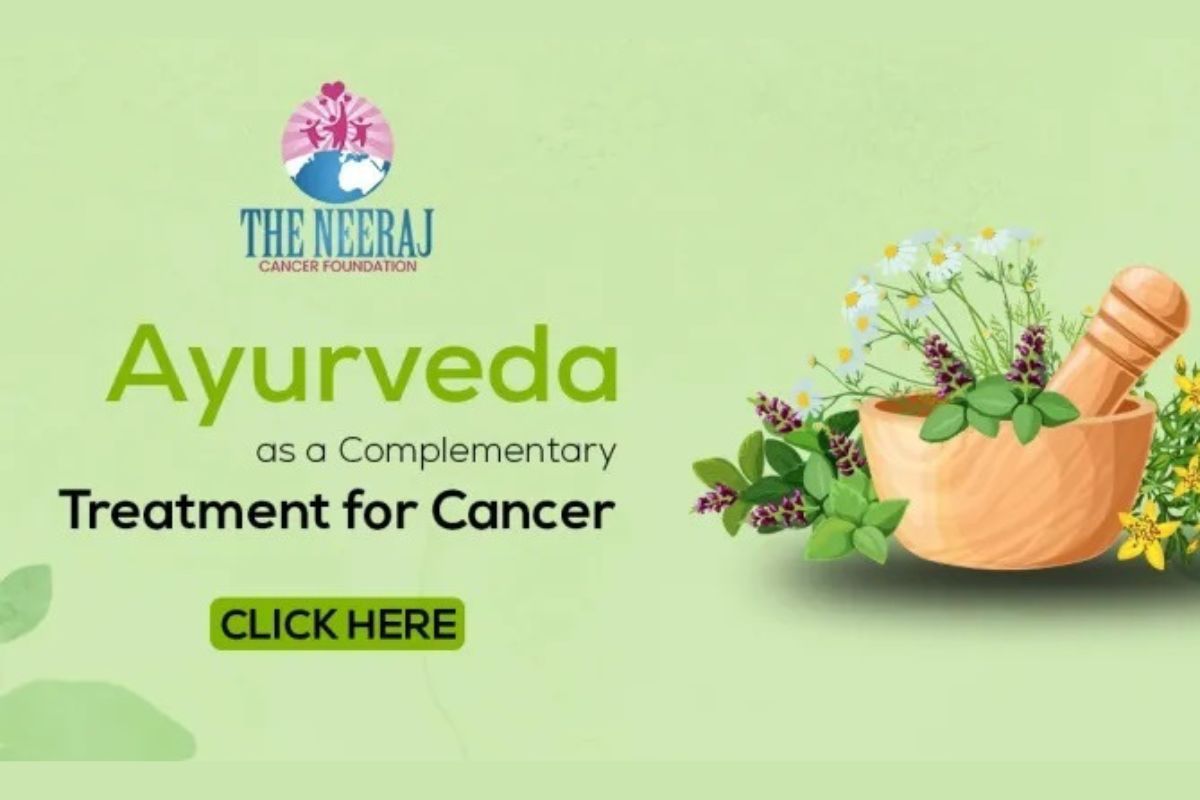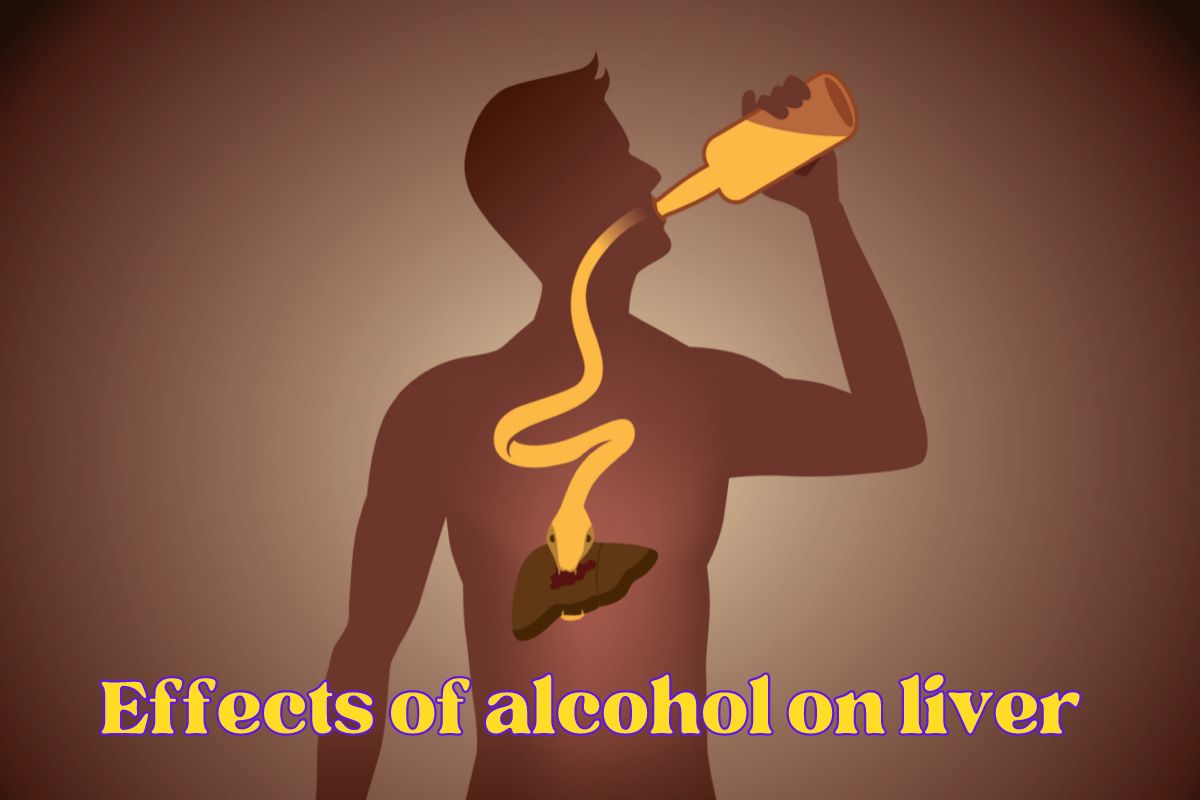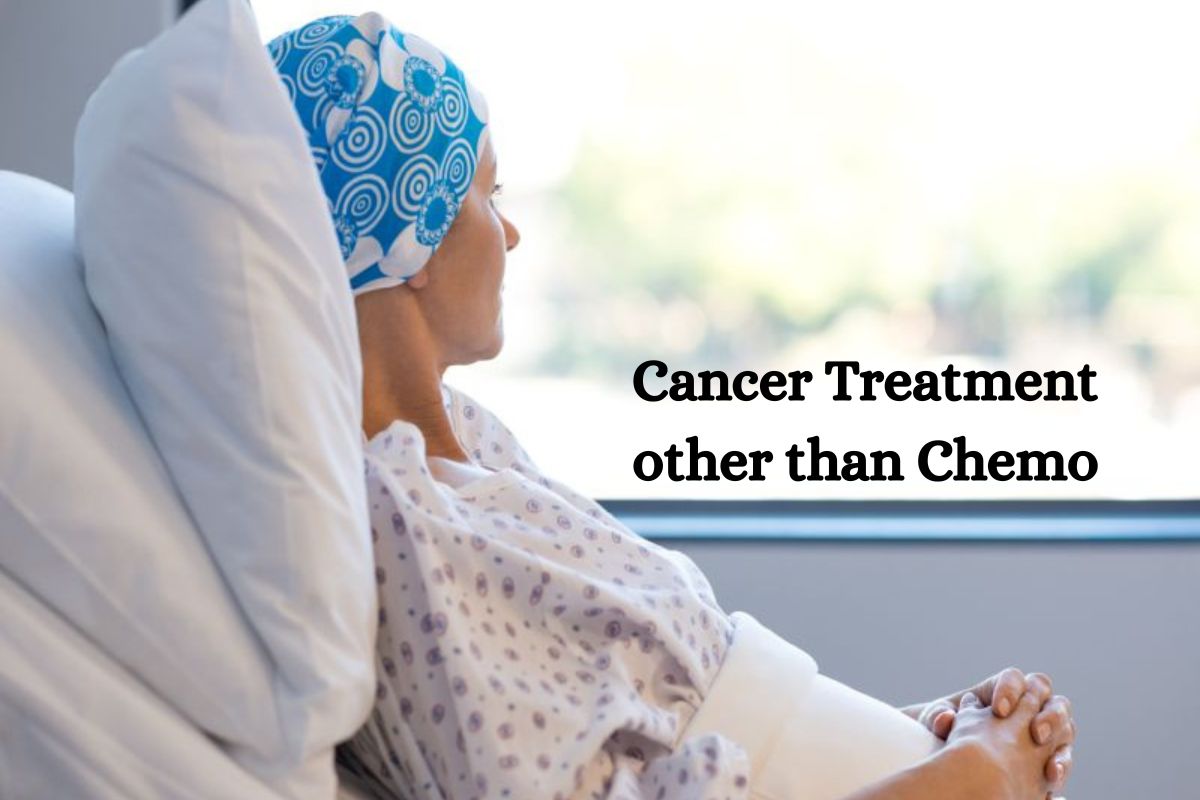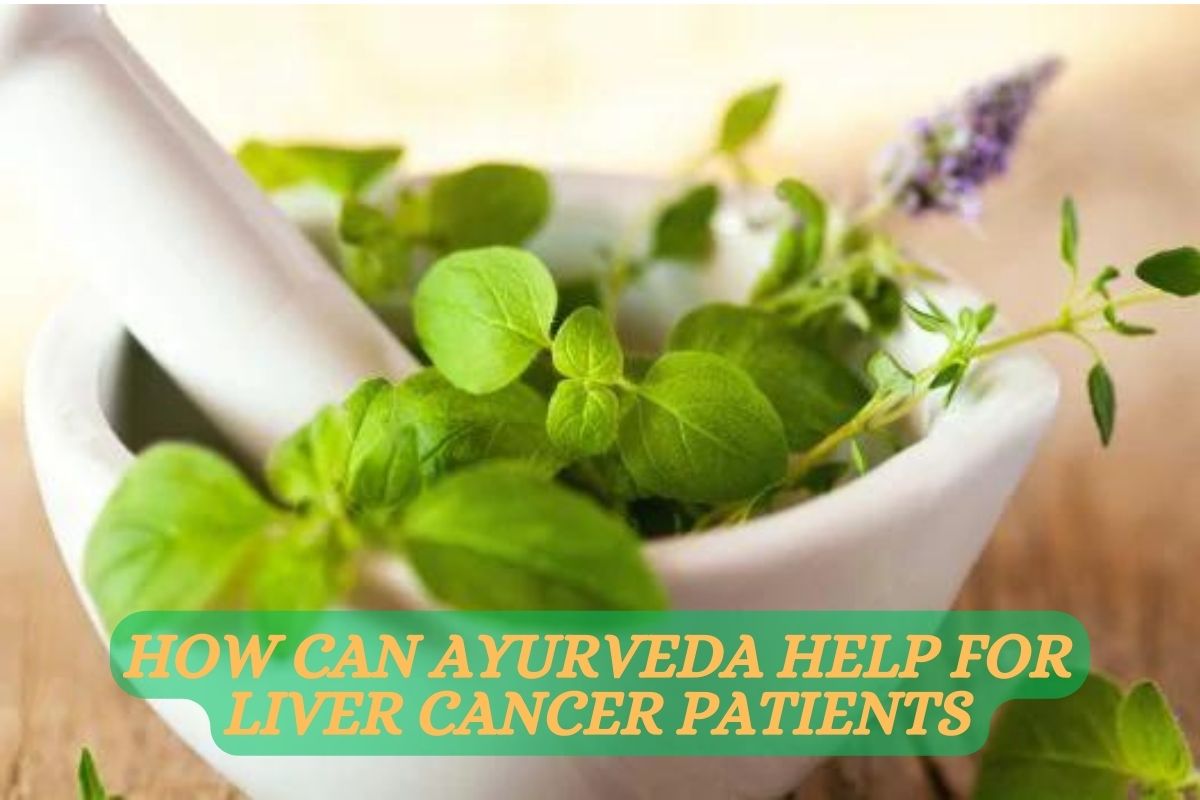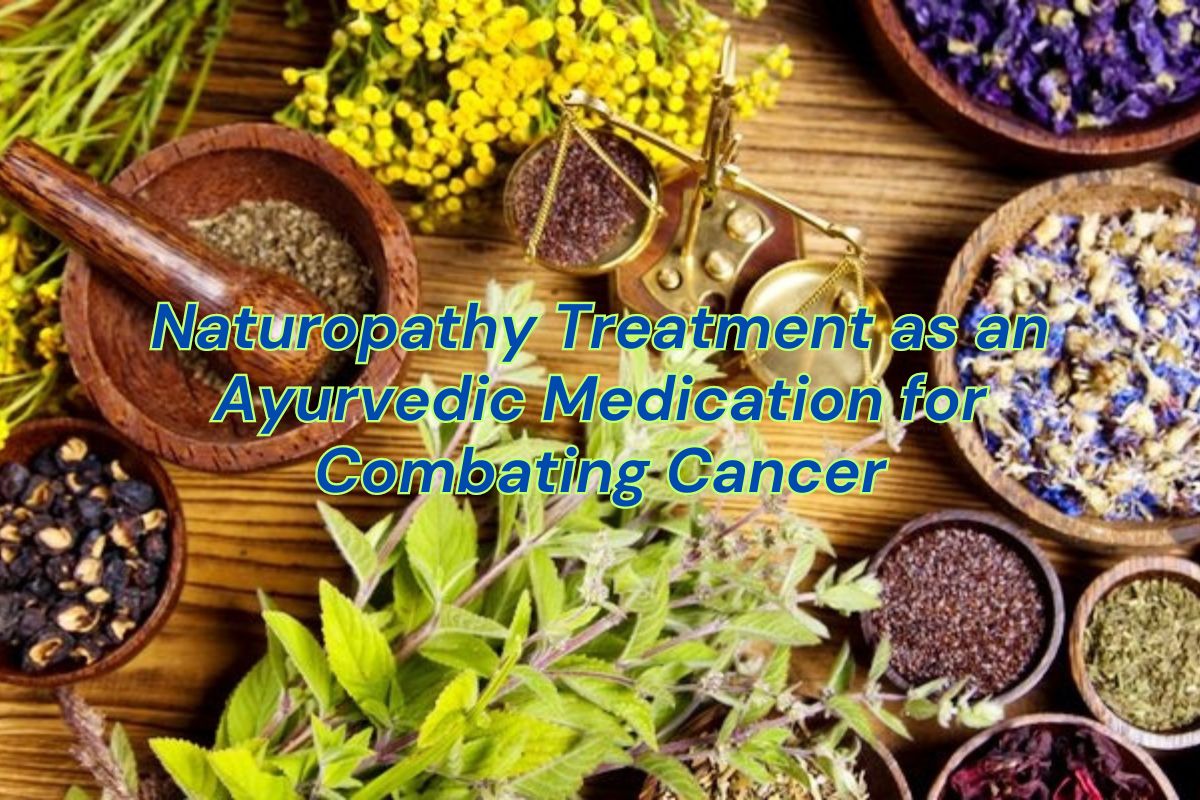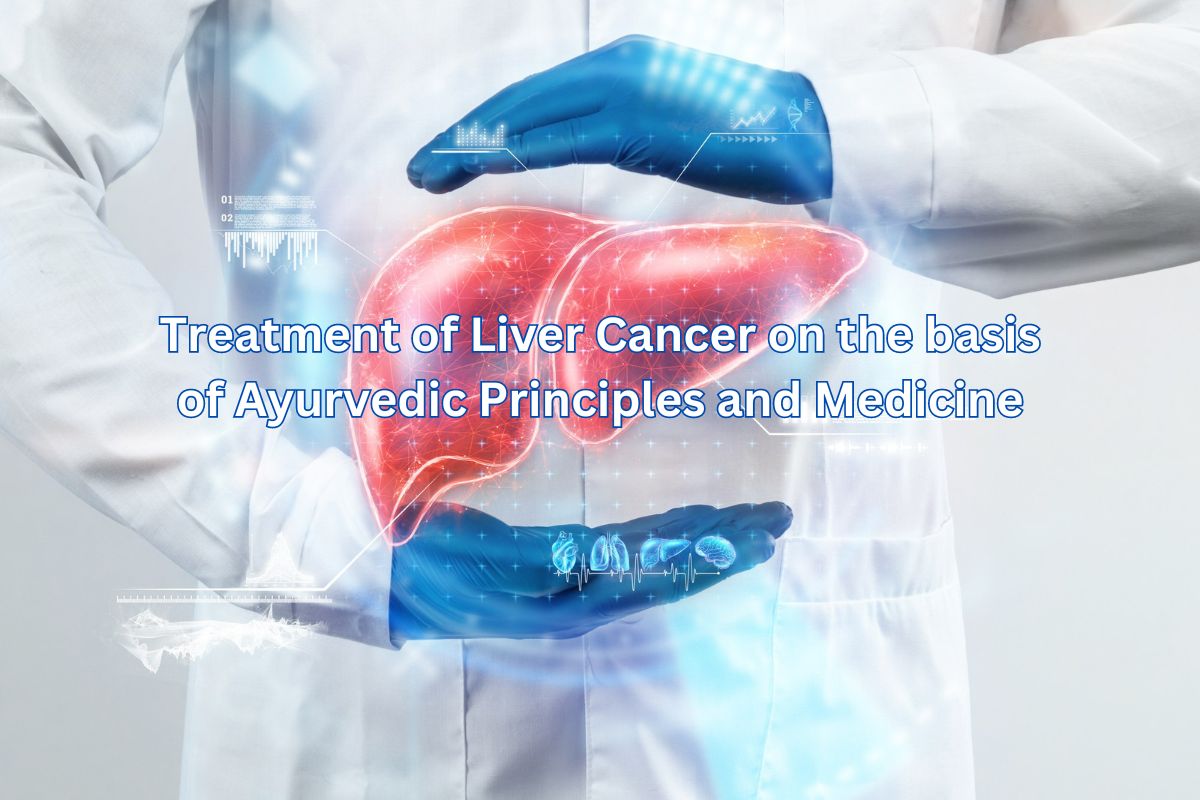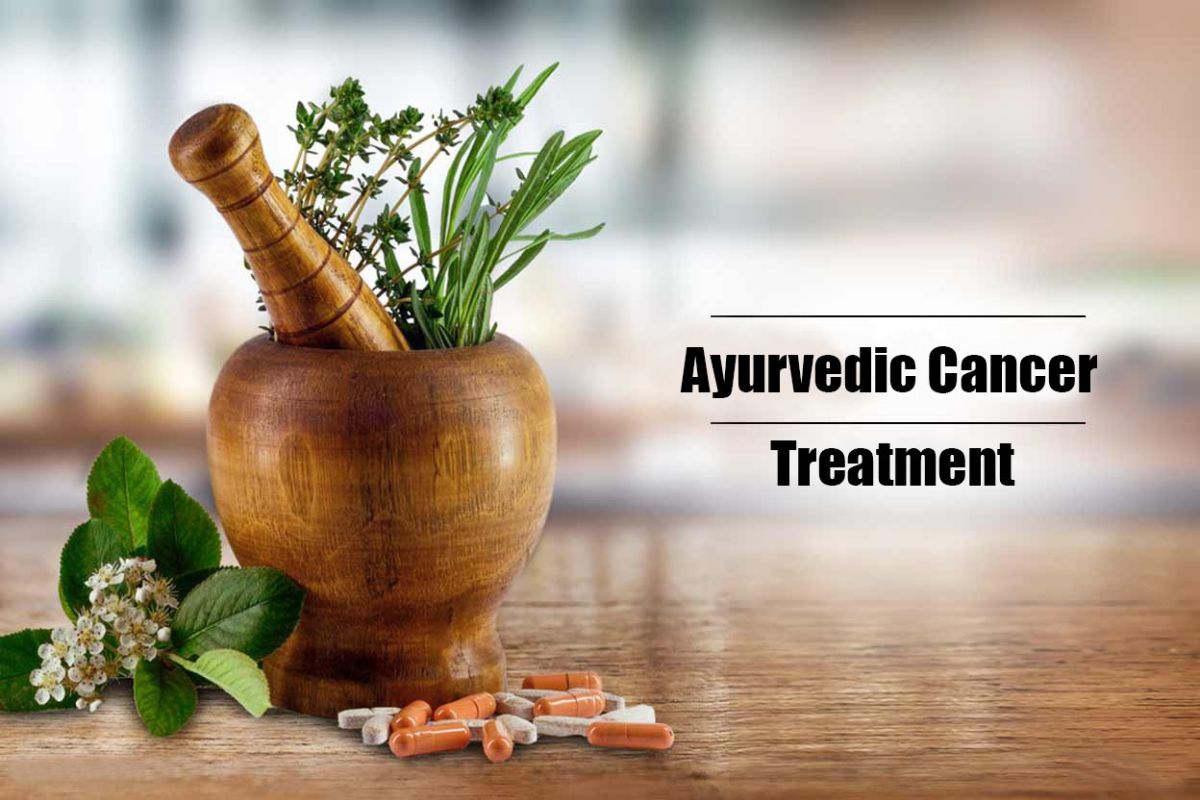
- On Oct 08, 21
Role of Ayurveda in Cancer Treatment
The history and meaning of Ayurvedic medicine
In 2017, 9.6 million people died from cancer globally, making it the second highest cause of death globally,after cardiovascular diseases. The entire medical community is preoccupied moreand more to find better treatments for this unmerciful disease. However though,there might be something that the medical, scientific community andevidence-based medicine might be missing, and that is the role of Ayurveda incuring cancer.
What are ayurvedic medicine & its history?
To put it shortly, Ayurveda is an ancient Indian system of medicine that is about 5,000 years old.It is not just one treatment. Ayurveda is a word in Indian, where"ayur" means life and "veda" means knowledge. Ayurveda includesmany treatment processes, some examples being: meditation, panchakarma, massage,yoga, herbal medicine, or specific Ayurvedic medications.
It also has to be mentioned the factthat Ayurvedic practitioners are stating that the human body can be classifiedinto 3 main types, which are known as doshas:
· fire and water (pitta dosha) - handles digestionand metabolism
· space and air (vata dosha) – controlling the movement
· water and earth (kapha dosha) - gives cohesionand structure.
What Ayurvedic practitioners aresaying is simply that all the three doshas need to be in complete harmony andbalance for the human body to work at its full potential and to be perfectlyhealthy.
Howdoes Ayurveda aim to treat cancer? Modern research on this matter
Shortly said, thedefinition of cancer by Ayurveda is inequality between Tridosha - pathophysiologicalentities, dhatus - tissue, and Triguna - mental qualities, and can be treatedwithout any side effect. Firstly, we need to control Tridosha and Triguna. Manyyears back in India, herbal medicines have been used successfully, and theseherbal medicines started to be used more and more recently. By the year 2004,the pharma market was worth, only in the US, $450 billion and $950 billion in2019. It is said that the demand will come close to $5 trillion by 2050. Becauseof the high costs and risks of chemically produced drugs, people, started tolook more into herbal medicine ( Koul, 2019).
So, as you probably see, the mainmethod through which Ayurveda aims to cure cancer is through herbal medicine.So, in the next part, we will briefly check some of the most-known herbalplants used in Ayurvedic medicine:
· Pomegranate (Punica granatum), a sacredfruit in some religions, research showed that it might have anti-cancerproperties for different types of cancer
· the Mangosteen fruit. Some studies showed thatit might kill different types of cancer cells. As an example, it slowed thegrowth of breast cancer in mice
· Sanjeevani ( Selaginella Dryopteris), atraditional Indian herb, showed that this plant stopped the growth of cancercells in test tubes along with reducing ovarian cancer cells in mice
· Withaferin A (Withania somnifera), likeSanjeevabu, US researchers have found that it stopped the growth of breast cancercells in test tubes. Another study from 2017 found that it could help make acertain type of chemotherapy (cisplatin) more efficient. And fresher, in 2018,researchers have discovered that it could kill melanoma cancer cells through awell-known cell death mechanism called apoptosis.
However, it shouldbe noted that Ayurvedic treatments are certainly safe, like panchakarma andyoga. Patients should take these treatments only from qualified practitioners.
Energy change therapy
Aswe stated before, Ayurvedic medicine doesn’t imply only herbal medicine butmany other techniques like meditation, relaxation, massage, and so on. Also, wetalked about Kapha, Vata, Pitta, the three main energies of the body, and anydisease comes from the imbalance of any of these three energies. The primarygoal of Ayurvedic medicine is to act differently compared to traditionalmedicine. No pain should come from the treatments, no complex surgeries, nosynthetic or chemically produced drugs.
Ayurvedicmedicine clearly states that energy is a very important factor when it comes todiseases and can influence the chance of cancer appearing or curing. Ayurvedicpractitioners declare that everyone has three main energies inside them. However,every personality is unique; therefore, one or two doshas might be moredominant in a particular person than in another. The most important thing tonotice here is that each dosha has physical andcognitive characteristics, therefore Ayurvedic practitioners use these energypathways to describe the common traits, diagnose the disease and clearly determinethe type of personality and energy the patient has.
Therefore, as Ayurvedic medicine hasstarted to spread more in the Western world, not only in Asia but some Ayurvediccentres from Canada have stated that they take every patient as unique, withhis energies and needs. Only through this method, the best results can beachieved. The three energies have to be changed and brought to a balance,however, we need to know first with what energies the patient comes, so thatthey receive the best type of Ayurvedic treatment.
The most researched method to cure cancer inAyurveda
Aftersome research through the main medical, scientific databases (e.g. Pubmed), onething was clear: the most researched therapeutic method and herb of Ayurvedicmedicine seem to be Withania somnifera (WS), better known asAshwagandha. So, what does this medicinal herb do?
Well, many things,it appears. But first, more about WS. Because of its positive effects on the immunesystem and rejuvenating effects, itis one of the most studied plants used in Ayurveda. It has many clinicalindications, including cancer disease. Also, several studies show that it couldimprove the outcome after cancer therapy. Therefore, more research on WS wouldhelp tremendously to develop new and more effective cancer therapeuticadjuvants. Scientists have managed to do a pretty comprehensive review of mostof the relevant literature on this subject, how WS influences the developmentof cancer, and how it can cure it. A more interesting fact was that WS does aneven better job of preventing cancer than curing it. Through which mechanisms?For the more “nerdy” people out there, through modulation of apoptotic,proliferative, and metastatic markers in cancer. All these modulations seem totake action through withanolides, these withanolides activating tumoursuppressor proteins which will stop the proliferation of cancer cells. Evenbetter, it has been proven that WS rises the efficacy of regular cancertherapeutics like the well-known chemotherapy.
So, yes, it has been scientificallyproven the fact that these withanolides from WS act like a therapeutic adjuvantin controlling cancer, plus enhancing the effect of regular cancer treatments.
Could Ayurveda even treat other chronic diseases?
Evenif we would love that, not really, but, surprisingly, it does have a certaineffect. About Parkinson’s disease, to keep it short, it is a chronic disease ofthe nervous system caused by the deficiency of dopamine in the brain.Therefore, characteristic symptoms will appear, as bradykinesia, rigidity, anduncontrolled tremor. A plant used in Ayurvedic medicine, Mucuna pruriens, isa natural source of levodopa which will serve as dopamine for the brain (Pathak-Gandhi N, 2017). This willcertainly improve the life people suffering from Parkinson’s disease. However,more studies need to be done until safe medicaments will appear based on thisstudy, but it is a promising one, for sure.
Ayurveda and cancer, what comes next?
So,how is the future in this matter? Ayurvedic medicine has shown promisingresults in preventing and treating cancer. The potential is huge, only if moreattention from the medical world would be focused on Ayurveda.
Conclusion
Firstly,many congratulations if you read until here. It certainly shows that you aretruly interested in Ayurvedic medicine, and this is simply amazing. There aremany reasons for a person to be interested in Ayurvedic Treatment.
Ayurvedicmedicine, on its own, still has a hard time making it in the “standardmedicine”, still being seen as alternative medicine, the kind of medicine withfewer scientific proofs and clinical studies. But for sure, this is no reasonfor which it should be ignored, it just needs to be more studied. As we wrotein the main title of the article, maybe Ayurvedic medicine would not bring somuch attention if it could only heal headaches or gastric problems, but thefact that it has to potential to help in preventing and healing this mercilessdisease called cancer it is simply stunning, And in the future, hopefully, itwill.
